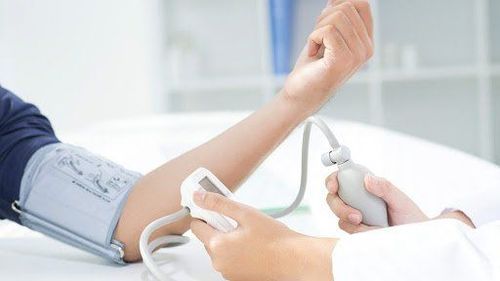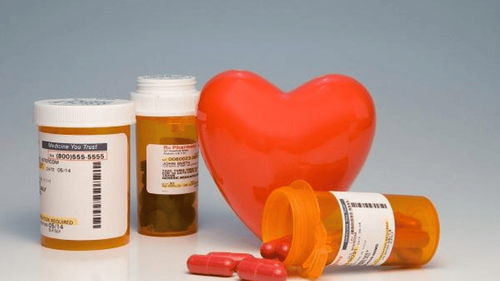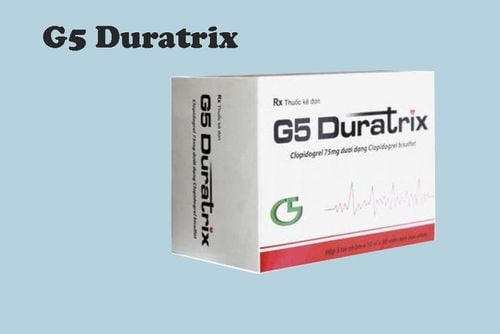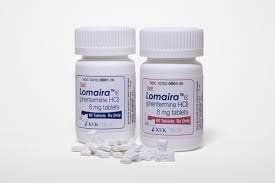This is an automatically translated article.
The article was professionally consulted by Cardiac Resuscitation Doctor - Cardiovascular Center - Vinmec Central Park International General HospitalA hypertensive stroke is also known as a cerebrovascular accident. This is a general term to refer to diseases caused by cerebral embolism, cerebral hemorrhage. The disease is common in the elderly and leaves severe sequelae that are difficult to recover from.
1. High blood pressure stroke is very dangerous
A cerebrovascular accident, also known as a cerebral stroke, is a condition in which little or no blood reaches the brain due to narrowing or blockage of a brain artery (cerebral infarction) or rupture of a cerebral blood vessel (cerebral hemorrhage). ). The disease is common in the elderly. The main causes of stroke are atherosclerosis and high blood pressure.In fact, a brain stroke is a condition in which the brain is damaged suddenly due to lack of blood. Whatever the reason, when there is lack of blood to the brain, the brain cells will stop working and can die within a few minutes, this condition causes the body to be weakened, numb, lose sensation in half of the body, unable to speak, distorted mouth, unable to close eyes or comatose immediately after, in some cases, the patient can die if not treated promptly. Many cases of brain stroke are saved but can be disabled for life, reduce life expectancy and no longer be able to work, difficult to return to life as a normal person.
Some cases of cerebral embolism due to atherosclerotic plaque in the vessel wall gradually thicken, gradually narrowing the lumen and associated with the formation of blood clots. Broken blood vessels due to hypertension can cause cerebral hemorrhage causing bleeding, compressing the brain, sometimes showing hemorrhage in the subarachnoid space. In fact, it is difficult to distinguish between occlusion and rupture based on clinical manifestations alone. Therefore, in order to diagnose the cause, it is necessary to base on previous factors, medical history and paraclinical tests such as cranial X-ray, brain MRI, brain CT.
In some typical cases, the symptoms of the disease can appear suddenly, progress in just a few hours (or progress over a few days). Theoretically, focal neurologic symptoms correspond to the affected arterial perfusion area, but because the arteries are interconnected, there is a compensatory blood supply by the intact artery, blurring the symptoms.
Cerebrovascular accident is a common disease in the elderly, so hypertensive patients are over 55 years old and have a history of diseases such as atherosclerosis, diabetes, dyslipidemia Coronary heart disease, heart valve disease, arrhythmia, smoking, overweight, obesity, inactivity and stress should pay special attention to periodic health check-up to minimize the risk of stroke and stroke. sequelae.
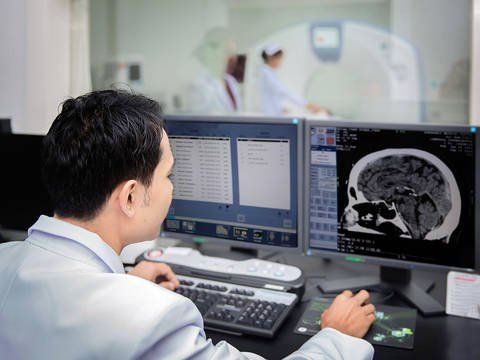
Chụp MRI não giúp chẩn đoán bệnh đột quỵ
2. Principles of preventing stroke caused by hypertension
High blood pressure is a dangerous disease. If not examined and treated early, the disease can leave dangerous complications to health. Therefore, measures to prevent hypertensive stroke are necessary, especially in high-risk subjects.In order to prevent stroke effectively, patients need to adhere well to the following prevention regimens:
Prevent stroke caused by grade 1 hypertension by taking actions with the aim of preventing disease or bad agents from having an effect. chance of causing illness. Prevention of stroke caused by secondary hypertension with the aim of detecting the disease at a new, asymptomatic stage. As a result, when applied, treatment modalities can delay or stop the disease from occurring. Prevention of stroke caused by tertiary hypertension is to avoid the bad complications of the disease that are unfortunately already acquired. High blood pressure is the main cause of stroke, but the symptoms of high blood pressure are often unclear, making patients subjective or confused with symptoms of other diseases. Therefore, many medical experts consider that high blood pressure is like a "silent killer". In fact, people with a history of high blood pressure are three or four times more likely to have a stroke than the general population, including both systolic and diastolic blood pressure.
Although, high blood pressure is very dangerous, but the disease can reduce stroke complications if the patient adheres to the principles of prevention, maintains the regime, lifestyle as well as maintains the blood pressure at a healthy level. normal. Therefore, each person needs to monitor their blood pressure daily and have their blood pressure measured at least twice a year.
People with hypertension should control blood pressure values and control blood pressure to achieve target blood pressure values. Accordingly, the principle of using antihypertensive drugs is to start using the drug at a low dose to achieve high efficiency, and at the same time limit the side effects caused by the drug.
Patients should maintain blood pressure below 120/80 mmHg. Above 140/90 mmHg is hypertension. On the other hand, patients should only use antihypertensive drugs according to the doctor's instructions, do not arbitrarily quit or delay the dose, even in cases of high blood pressure. Your body is healthy or your blood pressure has returned to normal.
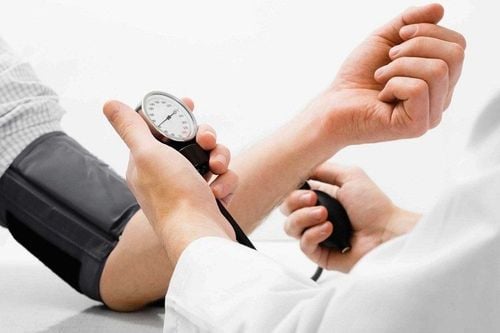
Tăng huyết áp tăng nguy cơ gây đột quỵ
3. Control your lifestyle and diet to prevent stroke caused by high blood pressure
Lifestyle and nutrition have a great influence on blood pressure control and prevention of cerebrovascular accident. Some risk factors that need to be controlled to prevent the disease are as follows:Do not smoke, water pipe Limit the use of salted foods, use salt Maintain a suitable weight Exercise regularly, exercise Exercise 30-45 minutes a day Reduce mental stress because stress raises blood pressure and can cause stroke. Eat a low-fat diet.

Duy trì tập luyện đều đặn giúp ngăn ngừa đột quỵ
Having a stroke does not mean the end of life, the patient needs to maintain a healthy lifestyle, have positive thoughts, an optimistic attitude, trust and adhere to treatment methods.
Currently, Magnetic Resonance Imaging - MRI/MRA is considered a "golden" tool for brain stroke screening. MRI is used to check the condition of most organs in the body, especially valuable in detailed imaging of the brain or spinal nerves. Due to the good resolution and contrast, MRI images allow to detect abnormalities hidden behind bone layers that are difficult to detect with other imaging methods. MRI can give more accurate results than X-ray techniques (except DSA angiography) in diagnosing brain diseases, cardiovascular diseases, strokes,... Moreover, the process MRI scans do not cause side effects like in X-rays or computed tomography (CT).\
Vinmec International General Hospital currently owns a 3.0 Tesla MRI System, which is equipped with state-of-the-art equipment by GE. Healthcare (USA) with high image quality, allows comprehensive assessment, does not miss the injury but reduces the time taken to take pictures. Silent technology helps to reduce noise, create comfort and reduce stress for the client during the shooting process, resulting in better image quality and shorter imaging time. With the state-of-the-art MRI system With the application of modern methods of cerebral vascular intervention, a team of experienced and well-trained neurologists and imaging specialists, Vinmec is a prestigious address for stroke risk screening and screening. reliable goods.
In the past time; Vinmec has successfully treated many cases of stroke in a timely manner, leaving no sequelae: saving the life of a patient suffering from 2 consecutive strokes; Responding to foreign female tourists to escape the "death door" of a stroke ;...
Please dial HOTLINE for more information or register for an appointment HERE. Download MyVinmec app to make appointments faster and to manage your bookings easily.




